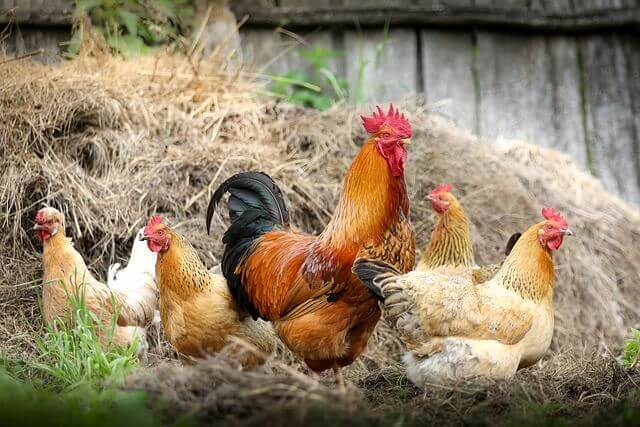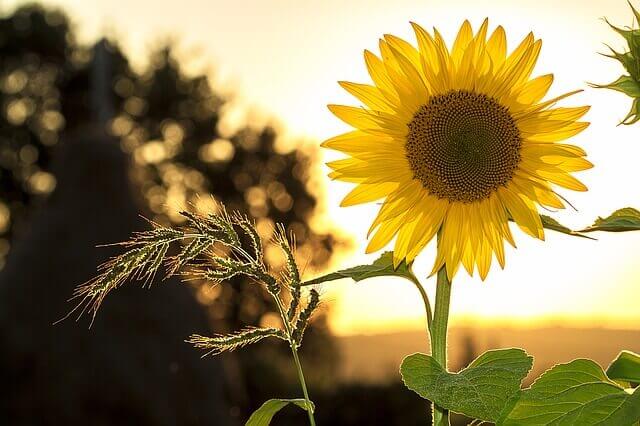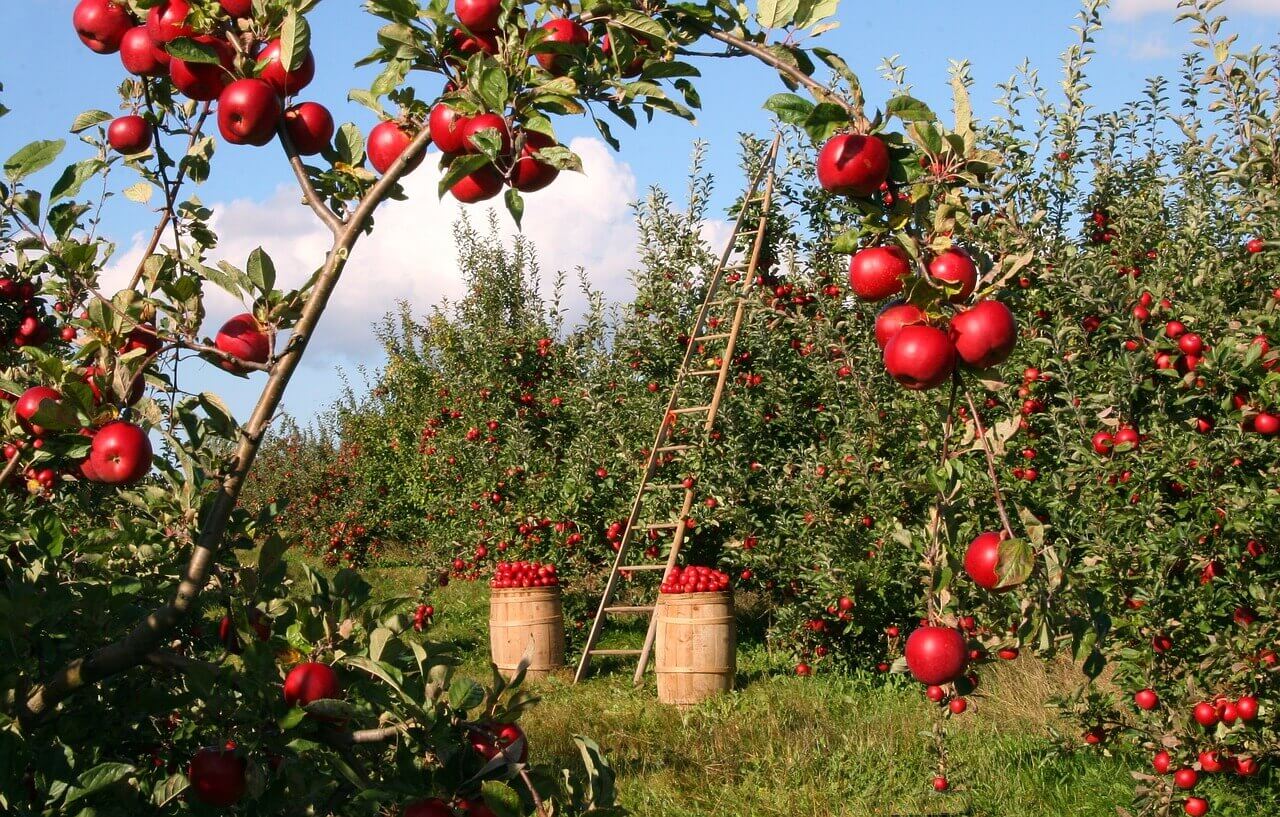The basic idea of a Hobby farm is a small scale farm that is not necessarily a business venture, but more of a pleasure activity or hobby.
Fun Family Farm
Most often, owners of hobby farms have a separate income not tied to the farm or its production. Whatever the source, the plan is that a hobby farm does not need to make money, but to provide enjoyment and engagement on a personal level. That way, a certain seasons yield isn’t critical and is much less stressful than large scale industrial farms.
 Getting Started
Getting Started
Start Small
- If you jump in with multiple animal species and many different plants and gardens, it’s easy to get overwhelmed. Start with one or two projects, and add one or two per year depending on the time and effort you have to put in. This will make everything more enjoyable and laid back.
Profit
- This is a hobby. Do not start with the intended goal of making money. You will be earning something beyond the food you grow. Even if you are selling at a farmers market, the money you earn will probably not cover all of your expenses. It helps, but you are not a for-profit business first and foremost.
Debt
- This is a continuation of the profit category, but don’t spend more money than you have. Since your not first and foremost intending to bring in money from your farm, you do not want to acquire more debt to pay for expansions to your farm. For large equipment purchases save up your money and plan for every expenditure moving forward.
Tips For Farming
Research
- Read, do your homework, and research with books about farming. You can find books about specific species and plants you are going to work with, as well as get critical knowledge about the animals you may plan to house on your farm.
Network
- While so much can be gained from reading and internet research, nothing usually beats the hands-on local knowledge of other farmings in the area. It is sometimes a different perspective that cannot be replicated in other media forms. It is likely there are neighbors that have similar plants, animals, and knowledge of the local conditions.
Do It Yourself
- If you can learn to do almost everything on the farm yourself, you will save a lot of money, and be able to fund expansions and fun items to do on your farm sooner. It is also very satisfying to be able to figure things out for yourself.
When To Ask for Help
- While ideally, you can perform all the tasks you may need on your own, a time may arise where you do not know what to do. Research, practice cannot prepare for every eventuality, especially when it comes to animal care. Know when to ask for professional help. Part of networking with your neighbors can help this, but sometimes a professional is needed.
 Work vs. Fun
Work vs. Fun
- Farming can be a large commitment. You can’t pack it all into one day a week and forget about it the rest. Make sure you plan your farm so that you are getting enjoyment from it. Do not overextend yourself where you find yourself working more than you wanted to. Make sure the work you plan for yourself is something you actually enjoy, and your hobby will give unlimited fun.
Temper Expectations
- Not everything will work out as planned. Treat everything as an experiment, because not everything will be successful the first time around. Make some changes, and switch it up a bit, but be responsible with your animals. If you do decide you don’t like something your doing, don’t do it for the rest of your life but have a plan to get rid of the plants and animals. There should be no expectation of what you should raise, do what you want and what you like.
So Should You Start a Hobby Farm?
There are no firm rules about starting or running a farm. Beginning this hobby farm venture is more about what you want to do with it. Do what fits your goals, make sure to enjoy what you are doing. Plan, research, and ultimately find what works best for you.
